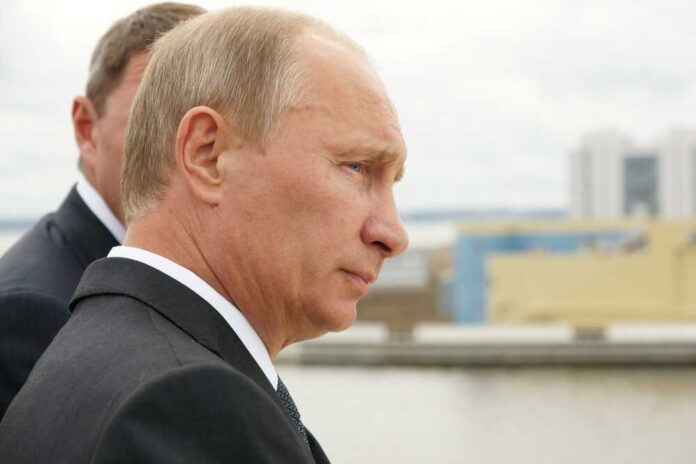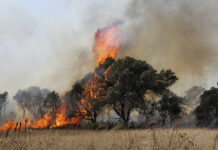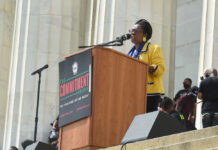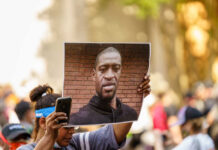Reports suggest that during the attempted rebellion led by Yevgeny Prigozhin, the leader of the Wagner mercenary group, Russian President Vladimir Putin was allegedly left paralyzed and indecisive, unable to take action promptly, despite prior warnings.
On June 24, when Prigozhin’s mutinous march towards Moscow commenced, Putin reportedly refrained from issuing any orders for most of the day, according to the Washington Post, which cited accounts from unnamed Ukrainian and European security officials.
The Post’s sources revealed that Russian security services had warned Putin about Prigozhin’s preparations for a possible coup at least two or three days before the event. In response, security measures were heightened at critical facilities, including the Kremlin, where additional personnel were deployed in the presidential guard, and more weapons were distributed.
European security officials expressed their astonishment at Putin’s inaction. They noted that he had sufficient time to decide to quell the rebellion and apprehend the organizers. Still, when the situation unfolded, there was a sense of paralysis at all levels of the Russian leadership. Confusion and dismay prevailed, leading to a delay in response.
CIA Director William Burns’ remarks at the Aspen Security Forum supported these accounts, suggesting that Putin and the Russian leadership seemed uncertain and directionless. The situation exposed Putin’s apprehension in confronting a rogue warlord with support from Russia’s security establishment.
Kremlin spokesman Dmitry Peskov dismissed the reports, labeling them as “nonsense” and originating from individuals with limited access to information.
The absence of clear directives from the Kremlin left local officials to decide how to handle Prigozhin’s advancing Wagner troops. Many local military and security leaders chose not to confront the heavily armed mercenaries.
Critics and experts remarked on the situation, pointing out that Russia’s governance seemed influenced by mafia-like rules. Putin’s perceived failure to decisively handle the attempted rebellion cost him his reputation as the tough and assertive leader he was once known to be.
Yevgeny Prigozhin and the Wagner mercenary group, under his leadership, were described as a potent force. Prigozhin had been associated with Putin’s team for over two decades, working in their interests in various countries and possessing substantial information about them.
In the end, the events surrounding the attempted rebellion were seen as a self-created predicament for Russia, as they had inadvertently empowered a powerful and potentially uncontrollable entity in the form of the Wagner group under Prigozhin’s leadership.














